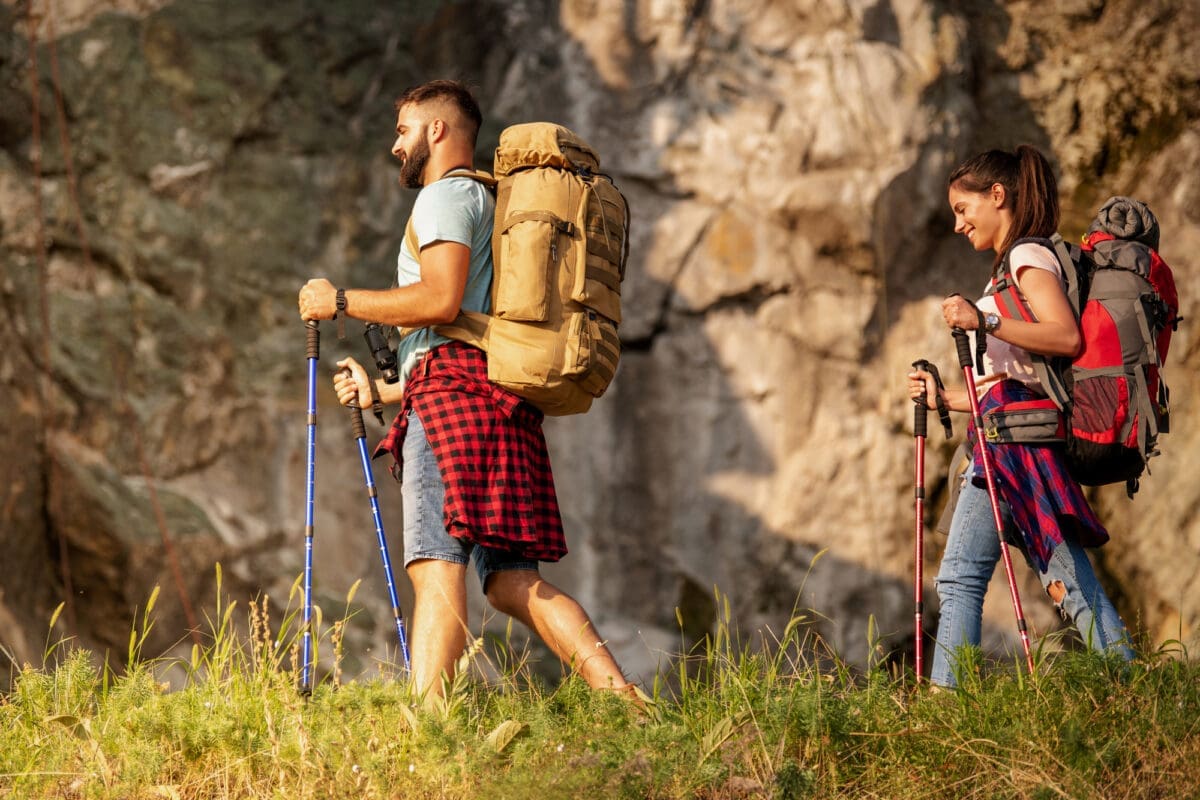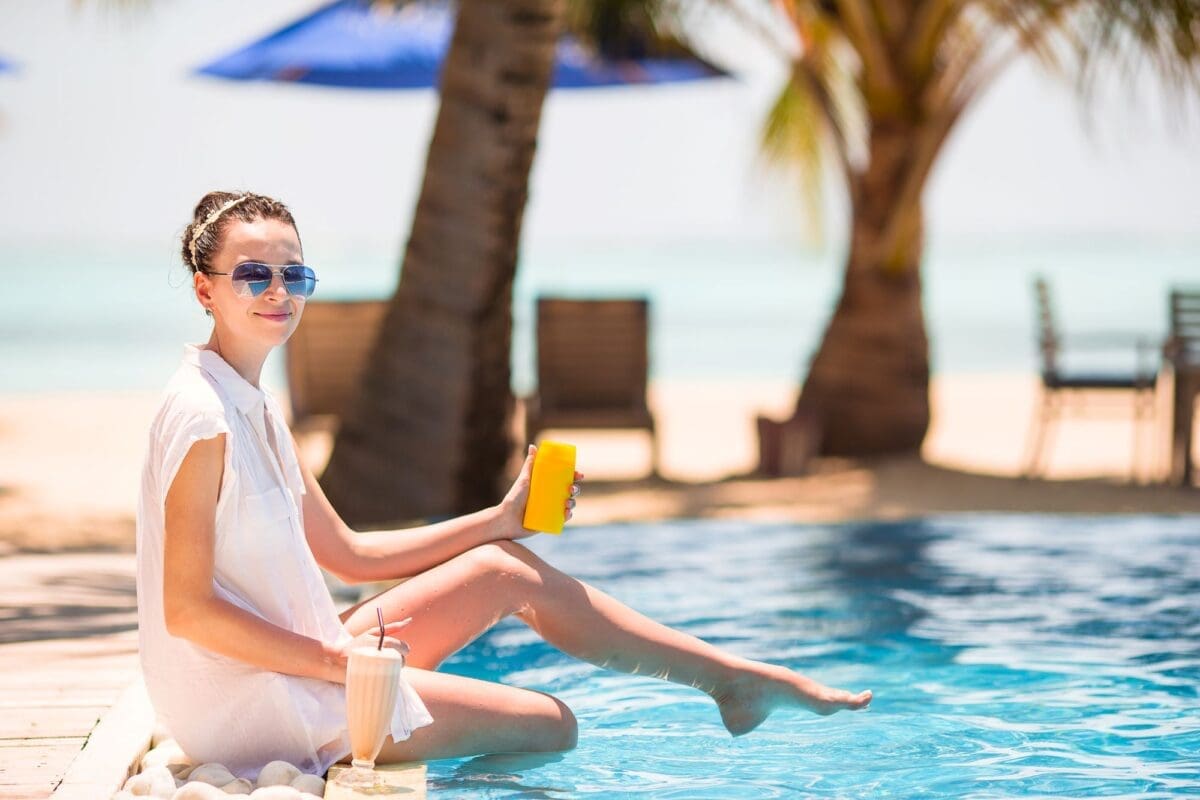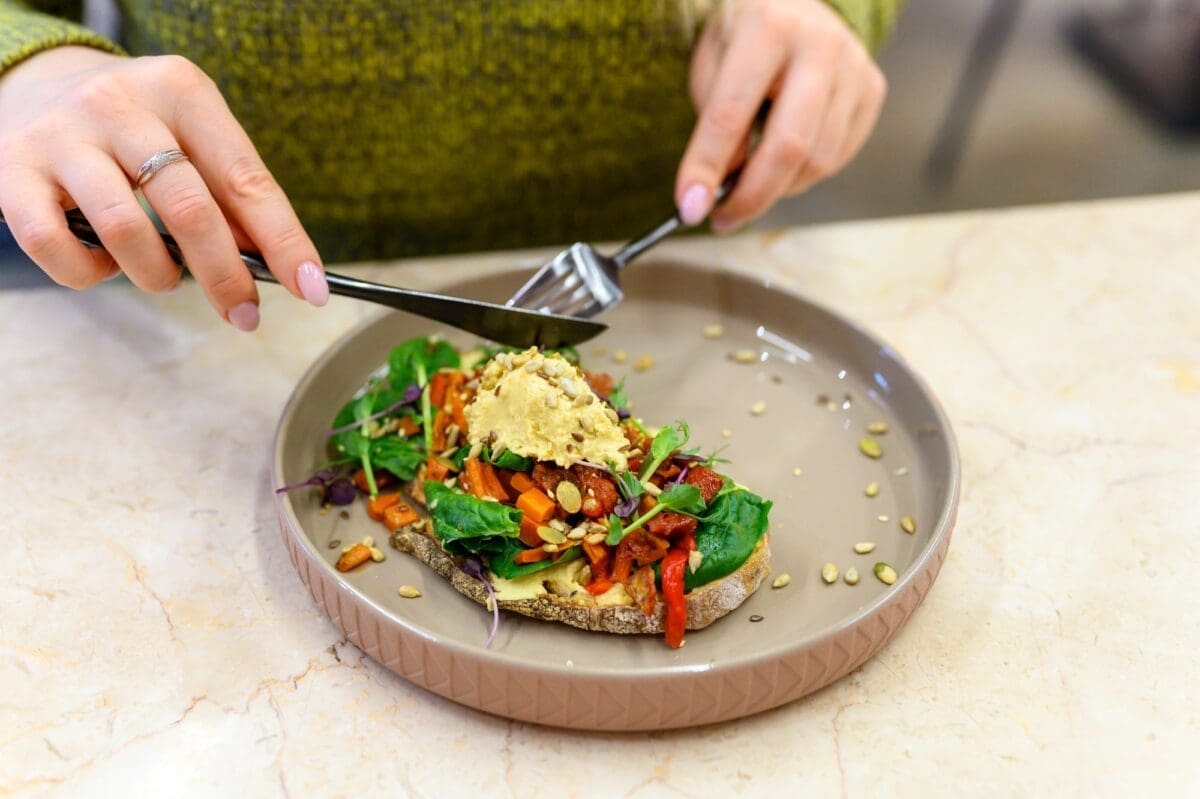Backpacking in Australia: How to Stay and Keep Your Possessions Safe

Australia is one of the greatest destinations for backpackers. Thanks to the Outback experience and their array of unique animal species. It is also quite a safe destination for backpackers.
However, this does not mean laxity on your end when it comes to staying safe and keeping your possessions safe when backpacking in Australia.
As a young lady looking for new destinations outside of Africa, Australia definitely tops my list. And it is not just about the fact that they do have snakes and poisonous spiders like my home county that makes me curious.
Well, somehow it does, but other things like sighting the Kangaroos and having a taste of their Outback experience are all so exciting. Staying safe and keeping my possessions safe is not taken lightly. If you are like me, you could use the below tips to keep yourself and your possessions safe when backpacking in Australia.

7 Tips on How to Stay Safe When Backpacking in Australia
Take care of your belongings
First, keep your belongings close to you at all times. Unless you are ready to hit the hiking trail and your backpack needs to be left behind. In this case, lock your possessions in the hotel or hostel lockers. Most hostels and hotels in Australia have safes and lockers for travelers to keep their possessions. Buy a padlock and lock them up.
Before booking and checking in to any hostel, check out the reviews from their past clients. And do not be afraid to spend hours on this research. The more reviews you read about a place, the better. It will help you decide whether a place is safe for you and your possessions or not.
Backup for your luggage
It rarely happens when it comes to the loss of luggage (mostly through theft) in Australia, but there are bad apples everywhere. It never kills anyone to be prepared for the worst.
In case your backpack goes missing, Luggage Direct is your perfect luggage backup in Australia. It is one of the best online luggage stores in Australia. They will arrange for you to have a new backpack to almost any location in Australia in just a few days.
They stock a wide variety of luggage brands, such as Korjo, Pacsafe, Volair, and Black Wolf, among others.
Constant communication with people is key to your safety
You might think that the constant communication with your loved ones is hectic, but it is not. All those calls and texts from them wanting updates and pictures of places you are visiting could come in handy if something happens to you. Let them know the hotel or hostel you will be staying at as well as your other travel plans.
This does not mean that you have to bombard them with phone calls and texts every hour of the day. In fact, I have come to realize that constant calls and texts to my mother and siblings when I am traveling leave them worried.
It actually sends them into panic mode, and we do not want that. A phone call in the morning and in the evenings does it for me. For the rest of the day, I might send a few pictures of the places I am visiting.
That said, when you get to Australia, make a point of purchasing their local SIM cards. If not, get yourself a portable router. It will help you access the internet from anywhere, especially when you are not in a public place with Wi-Fi.
And speaking of Wi-Fi, set up a Virtual Private Network (VPN) to help you access the internet safely when using public Wi-Fi. This will help you keep your data and devices safe from hackers.
Don’t miss this related post: Your 7 Hiking Essentials For a Day On The Trail

Be well prepared for the Outback
We all know no adventure announces Australia to backpackers better than their Outback. You want to be well prepared when hitting the road for any of these. Although these regions are easily accessible from major towns and cities in Australia, they are also quite remote.
Carry enough water-no plenty of drinking water-and other provisions. Have a spare tire and other tire-changing accessories just in case you have an incident along the way. Most importantly, let someone know where you are headed to. It will be easier for you to get help in case anything happens.
I find it important to have an emergency number for the specific country you are visiting in case anything happens. For Australia, it is triple zero (000). So, when you are backpacking in the wilderness, and you are unfortunate to get bitten by a snake or spider, call that number.
Get travel insurance
I always put my health first. When traveling, I want to be well-prepared in case I get sick along the way. This is where travel insurance comes in. Make sure you know what potential dangers await you and how you can cover yourself.
Avoid flashy jewelry
Yes, they are fancy, but no, they are not ideal when backpacking. Fancy jewelry will only make you stand out and attract attention. It is one of the easiest ways for a lady to advertise that she wears expensive items, and thieves will notice. I keep it simple (although my long dreadlocks always sell me out), but I always know a mugger will never get even a $20 piece of jewelry from me.

Check out for the red and yellow flags when swimming
Of course, Australia is not just about long stretches of open and isolated spaces. They do have beaches, which have red and yellow flags for safe swimming. Not that I am a big fan of swimming, but I had to know what these flags meant.
When you see a red flag, just know that the area has excessively dangerous swimming conditions and is closed. A single yellow flag tells you that swimming conditions in that area are potentially dangerous. Alternatively, and this is highly advised, ask any lifeguard on duty which spots are ideal for swimming.
All in all, Australia is a must-visit for any young lady looking for adventure. A little prepping here and there and you plus your possessions will be safe for a thrilling backpacking experience.
FAQ
Is it safe to stay in hostels while backpacking in Australia?
Generally, hostels in Australia are safe for backpackers. However, it’s essential to take precautions. Choose reputable hostels with good reviews. Second, use the available lockers to store your valuables, and consider a portable travel lock for added security.
Should I carry my passport with me at all times?
It’s advisable to carry a photocopy of your passport’s identification page instead of the actual document. Secure the original in a locked safe at your accommodation and use the copy when needed for identification purposes.
What should I do if something valuable gets stolen during my trip?
If you’re a victim of theft, report the incident to the local authorities and your accommodation immediately. Contact your embassy or consulate to replace important documents like passports. Having copies of your documents can streamline this process. Also, inform your bank to secure your financial accounts.
Disclosure: The information we provide to our readers is genuine and precise to the best of our knowledge to help you spend terrifically. The links provided in this article do not belong to any affiliate partners and we are not paid for them.

